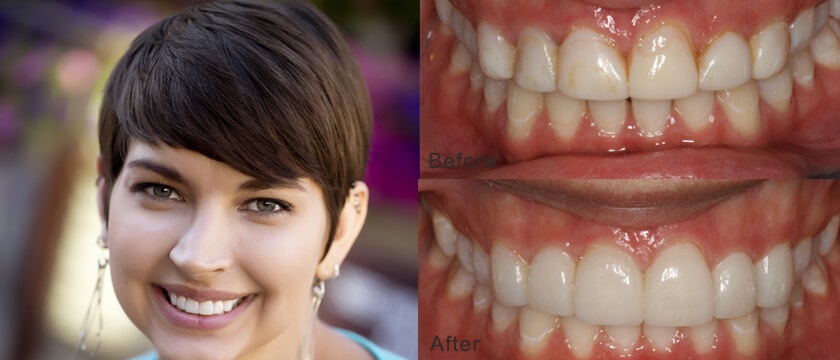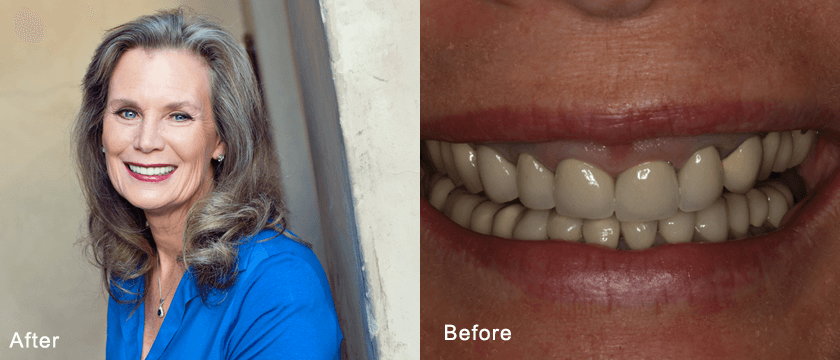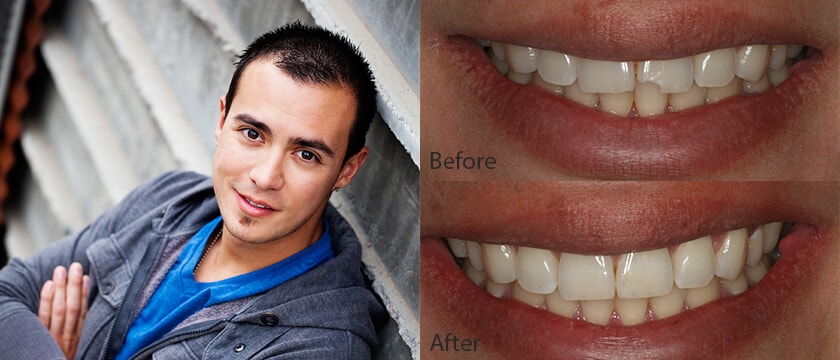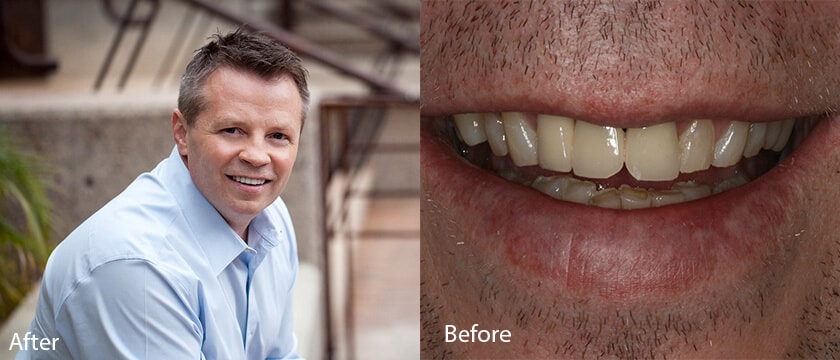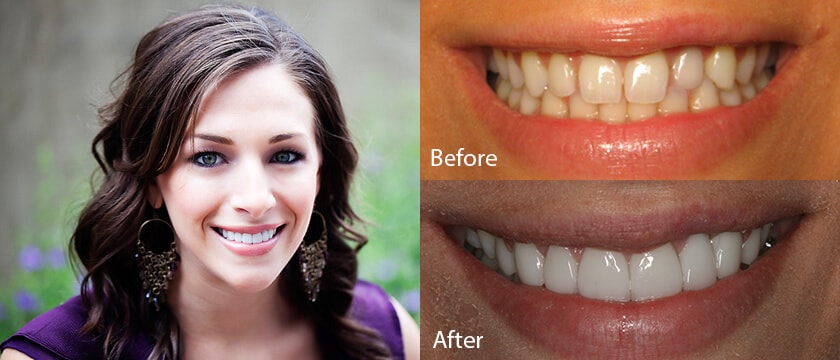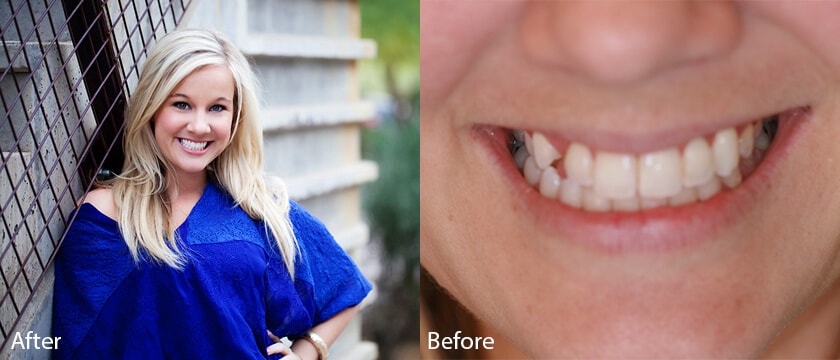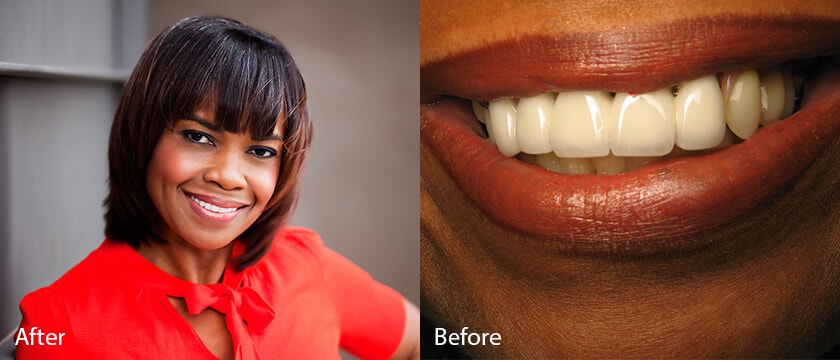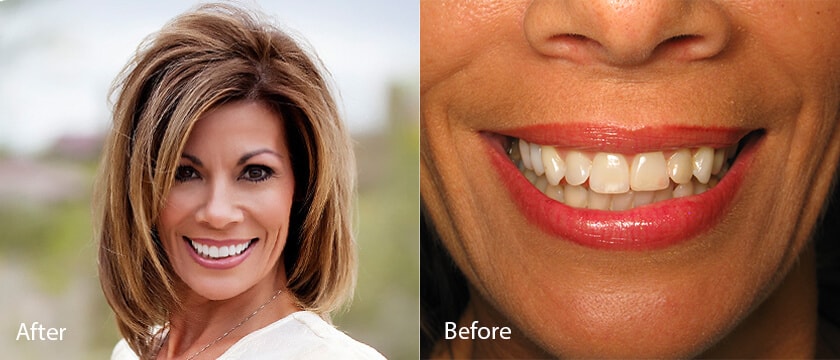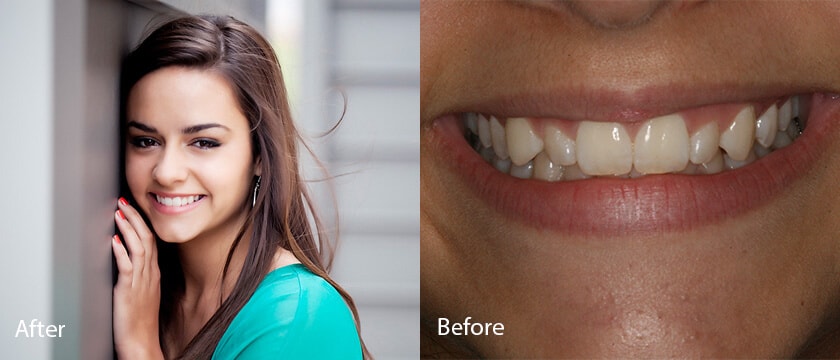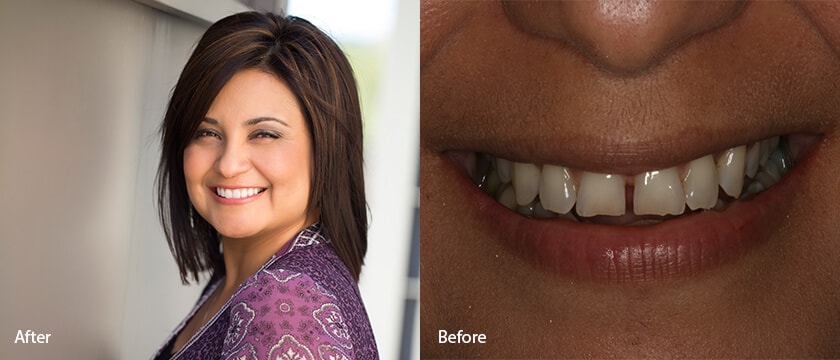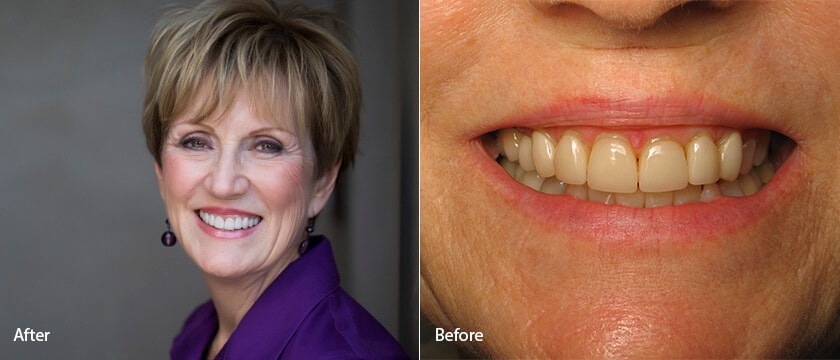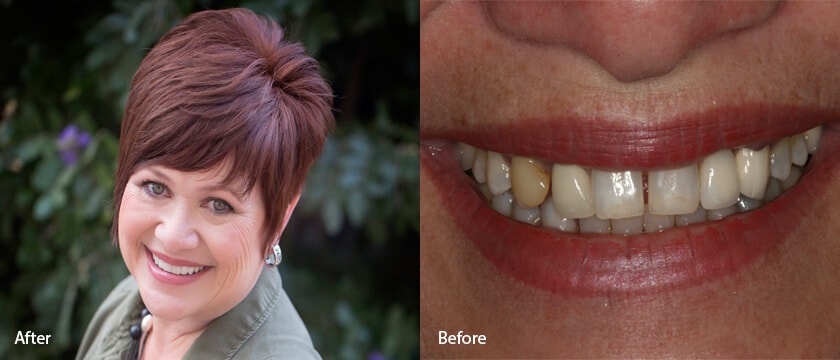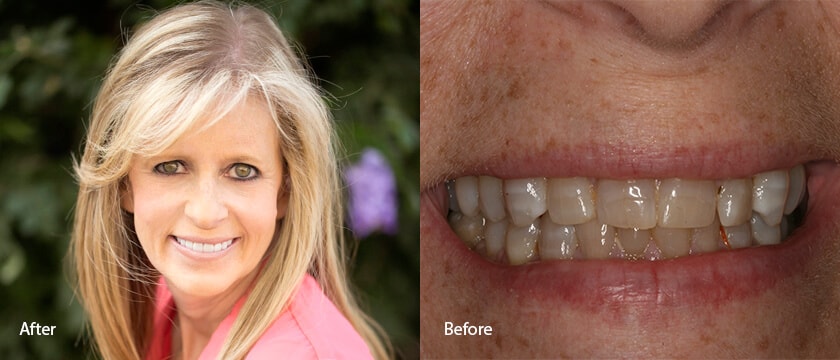At Life Smiles Dental Care, Drs. Paul Nielson and Tim Schmidt provide excellent clinical dentistry and a genuinely caring chair-side manner to patients of all ages, including children. Dr. Nielson provides a wide range of general, restorative, and cosmetic dental care for patients of all ages, and he is fluent in Spanish. As fathers themselves, Drs. Paul Nielson and Tim Schmidt sincerely enjoy working with children and parents.
Our strategy is to let parents become part of their children’s dental healthcare team by working with our doctors and hygienists to learn how to take great care of young teeth at home, between dental visits.
Our goal is to educate you and your children about proper dental care throughout the phases of youth, to encourage lifelong healthy habits and reduce the risk for gum disease, decay, and other oral diseases.
We look forward to nurturing your child’s smiles. To schedule an appointment, call Life Smiles Dental Care, serving Phoenix-area families, at (602) 786-5484.
Tooth Development
Young children will develop 20 primary teeth, and all of these teeth usually erupt by age three.
Around age six to eight, the primary teeth will begin naturally falling out, and the body will replace them with permanent teeth. With good daily home care and professional dental visits, your child could retain his or her natural permanent teeth throughout life.
When To Bring Your Child to the Dentist
After they develop primary teeth, children need to visit the dentist twice a year. At these happy visits, the doctor will evaluate your child’s teeth and gums, and ask you about any issues you’ve noticed.
By age four or five, children should also have a professional dental cleaning twice a year. Gum disease can afflict any person of any age, so cleanings are very important. At a cleaning, the hygienist will identify any signs of gum disease and explain to you and your child how to deter the disease from progressing.
At checkups, the dentist will also look for signs of malocclusion, which means that the upper and lower jaws do not fit together well when the mouth is closed. Crooked teeth, inadequate space in the arch, and other issues can indicate the need for orthodontic treatment. We can identify these issues early, to allow for the best possible treatment plan.
When to Start Dental Care
The moment you bring your baby home, you can begin practicing good oral hygiene by gently wiping his or her gums with a soft, clean, moist cloth.
Around age four to six months, you’ll notice a first tooth erupt, probably on the bottom jaw, in the front portion of the gums. This is the time to schedule a first dental appointment, according to the American Dental Association. You should also begin brushing your child’s tooth daily, using a children’s toothbrush and a very small amount of non-fluoridated toothpaste. Once two teeth present side by side, begin flossing gently. A handheld, pre-threaded flosser works brilliantly for this job.
Children can start self-brushing around age three, but parents need to follow up by re-brushing for thoroughness. Once your little one is old enough to learn how to spit out toothpaste, you can advance to a fluoridated variety. If a child ingests too much fluoride, white, permanent, horizontal stains called fluorosis can develop on permanent teeth, even before they erupt. Starting toddlers off with non-fluoridated toothpaste is a great way to avoid these unpleasant stains in adult teeth.
About Brushing and Flossing
As your children grow through elementary school, they can begin brushing alone. However, parents should diligently check their children’s teeth and gums, to make sure their kids are doing a good job, and to identify any abnormalities, cavities, or redness of gum tissue.
Even through middle school and high school, children can become disinterested in oral health and begin neglecting daily oral care. As the parent, you should regularly re-establish a thorough dental hygiene routine with your children, when necessary. We can offer advice on how to encourage your children to brush and floss regularly.
It’s also important to note that hormones, asthma inhalers, and certain medications can increase the risk of gum disease. For this reason, we advise parents to pay close attention to their child’s oral health any time he or she begins taking a new medication, and at the onset of puberty.
Schedule Your Kids’ Visits Today
If your child has a toothache or incurs and injury to his or her teeth, call us immediately for an appointment. Otherwise, plan to schedule visits twice a year for all of your little ones, pre-teens, and teenagers.





